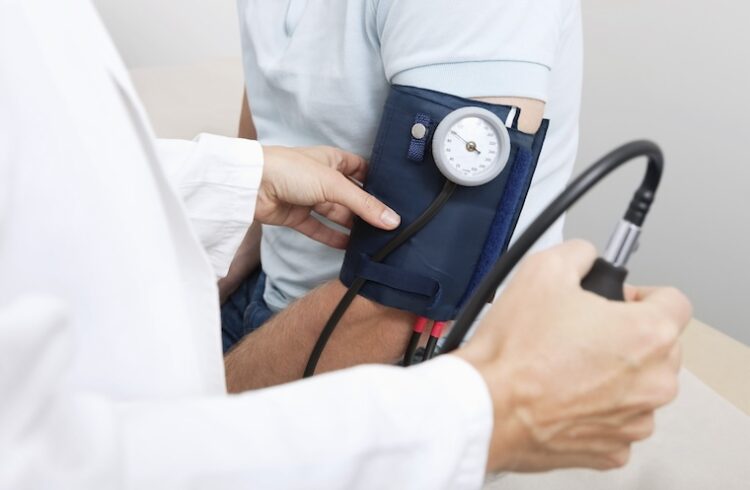

The Blue Ridge Poison Center at UVA Health is warning against siphoning gasoline after recently receiving calls about gasoline poisoning. Callers are reporting that someone accidentally swallowed gasoline that they were attempting to siphon through a tube from one container to another. The Blue Ridge Poison Center warns that siphoning gasoline is exceedingly dangerous and can lead to illness or injury.
Gasoline has a lower viscosity than water. In other words, it is “thinner” or “slipperier” than water and may surprise a siphoner by moving through the tube much faster than expected. It is also difficult to judge the level of gasoline in a tube that is not transparent, or when using a clear brand of gasoline. Siphoners may unintentionally swallow or inhale the gasoline or its fumes or get a splash to the skin or eyes. This can result in significant illness or injury:
- Gasoline contact with the skin, mouth or eyes may result in chemical burns.
- Swallowing gasoline may cause nausea, vomiting, diarrhea and abdominal pain.
- Inhaling high concentrations of gasoline fumes starves the body of oxygen and could result in unconsciousness, respiratory arrest and death.
- Aspirating, or inhaling liquid gasoline into the lungs, is most dangerous. Victims may experience coughing and shortness of breath. They may develop chemical pneumonia, or swelling and fluid build-up in the lungs and airways. Permanent damage and death may follow.
If someone has been exposed to gasoline, experts at the Blue Ridge Poison Center are standing by to help. Call 800.222.1222 any time of the day or night. The BRPC can also be reached at 800.451.1428. Trained healthcare providers will tell you exactly what to do. Calls are FREE and CONFIDENTIAL.



